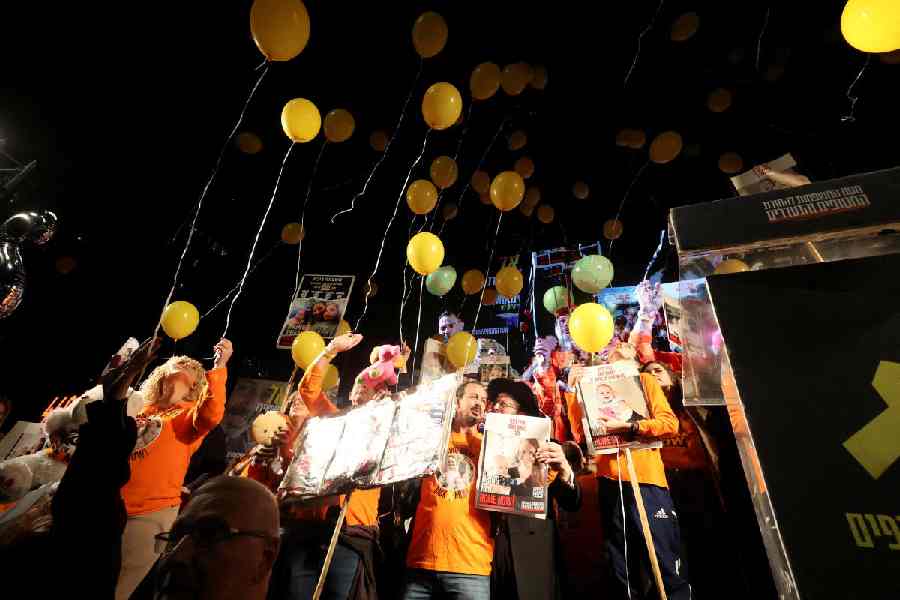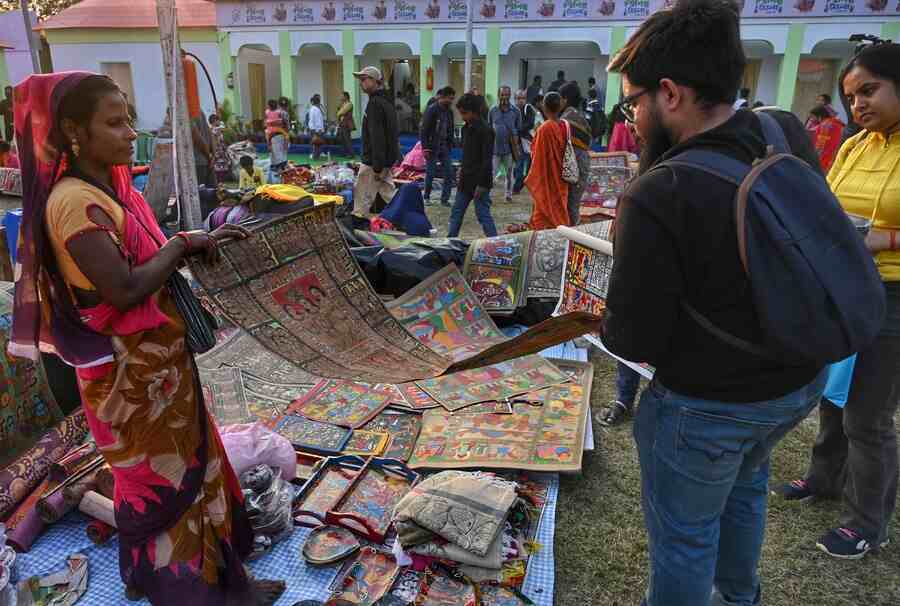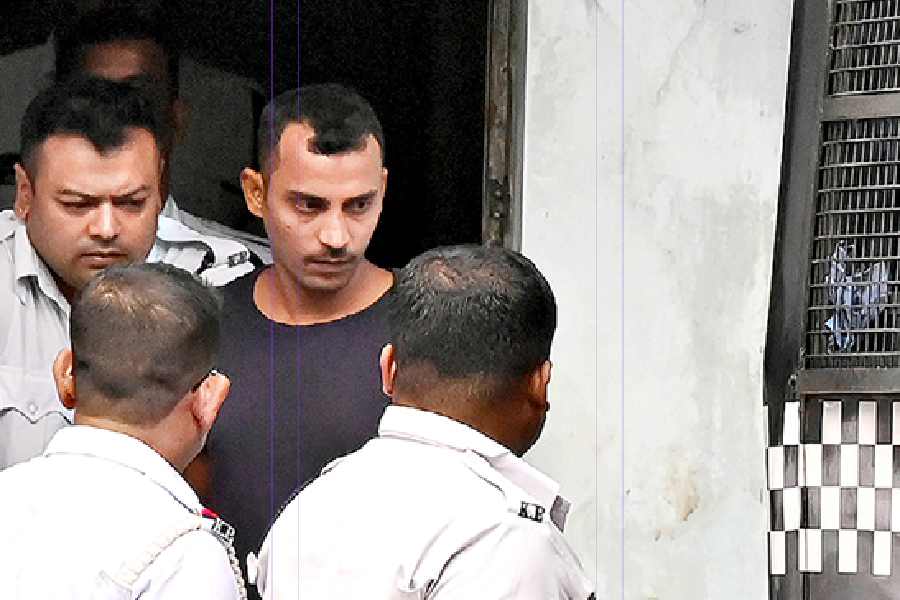 Sunday, 19 January 2025
Sunday, 19 January 2025
 Sunday, 19 January 2025
Sunday, 19 January 2025
The Lok Sabha was a scene of intense debate on Tuesday as the government introduced the controversial ‘One Nation, One Election’ Bill. While law minister Arjun Ram Meghwal defended the move, Opposition leaders called it an attack on federalism and the Constitution’s core principles. In a bid to ease tensions, home minister Amit Shah announced the Bill would be sent to a Joint Parliamentary Committee (JPC) for further review.
Meghwal tabled the ‘One Nation, One Election’ Bill in the Lok Sabha, saying it was brought “in accordance with the Constitution.” His words were drowned out because of vehement opposition by parties like the Congress, Samajwadi Party, and Trinamul to the bill.
Congress Lok Sabha MP Manish Tewari called the bill a “direct assault on the basic structure” of the Constitution.
“Introduction, consideration of ONOE Bills is beyond the legislative competence of this House. I urge the government to withdraw it.” Tewari said.
Samajwadi Party MP Dharmendra Yadav accused the BJP of pushing the country toward centralised control. “This Bill is nothing but an attempt to bring in dictatorship,” Yadav said, raising concerns about the role of regional parties in a simultaneous election setup.
Trinamul Congress MP Kalyan Banerjee criticised the bill as being about personal ambition rather than reform. “These bills are not for election reforms, but just a fulfilment of one gentleman’s desire and dream,” Banerjee said, in a swipe at Prime Minister Narendra Modi.
AIMIM Chief Asaduddin Owaisi called the bill “draconian,” warning that it would harm regional parties the most. He added, “Parliament is not competent to make any laws which are violative of the Constitution.”
The Biju Janata Dal (BJD) chose to reserve judgment for now. “We will decide our stand after examining the details of the two bills,” said BJD MP Sasmit Patra.
The Telugu Desam Party (TDP) offered its full support to the bill, calling it a step toward streamlining elections.
Shah stepped in to assure the bill would be sent to a JPC for review. “When ONOE bills came up in Cabinet, PM Modi said this should be referred to the Joint Committee of Parliament,” Shah said, urging calm amidst the ruckus.
JP Nadda also brought attention to the amendment of the Preamble during the Emergency, criticising the inclusion of the words ‘secular’ and ‘socialist’. He claimed that B R Ambedkar himself had opposed their addition, arguing that “there was no need to include ‘secular’, as the entire Constitution embodied the concept of a secular state, ensuring no discrimination on grounds of religion and equal rights for all citizens.” On the term ‘socialist’, Nadda said Ambedkar had asserted that it “goes against the very grain of democracy to dictate what kind of society the people of India should live in.”
Lok Sabha Speaker Om Birla approved the voting process to determine whether the bill would be sent to the JPC.
Electronic voting confirmed the bill’s referral to the Joint Parliamentary Committee. The tally stood at 269 votes in favour of the Bill and 198 votes against it. Despite Opposition protests, the government secured a clear victory in pushing the Bill forward.
The Constitution (One Hundred and Twenty-Ninth Amendment) Bill, 2024 seeks to align elections for the Lok Sabha and State Assemblies. The government claims it will reduce election costs and avoid governance disruptions caused by frequent polls.
For the Opposition, the biggest concern is federalism. Congress MP Manish Tewari summed it up: “The tenure of State Legislatures cannot be subject to the tenure of the Lok Sabha.”Many fear the bill promotes excessive centralisation, sidelining the role of states.
With the bill now headed to a Joint Parliamentary Committee, the real debate has just begun. The committee’s findings will be crucial, but the Opposition’s resistance suggests that the road ahead for ‘One Nation, One Election’ will remain turbulent.







